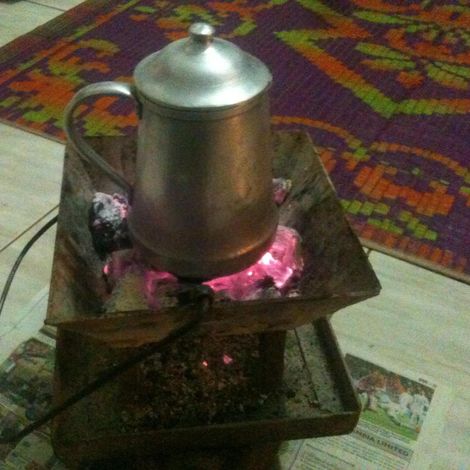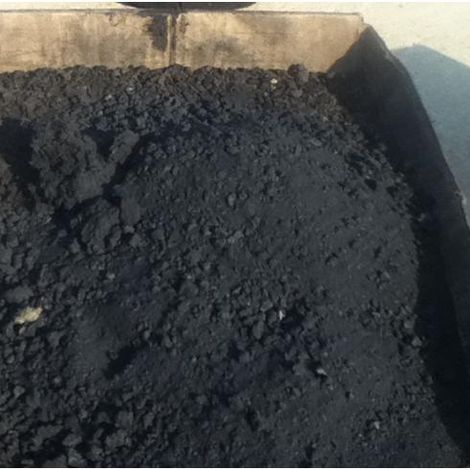Recycled Charcoal Project


This is a project to develop an environmentally responsible low cost fuel from wood charcoal waste, which can be used for cooking and heating on any type of charcoal stove both in-doors and out-doors. The proposed fuel is made from locally produced, easily accessible raw materials and costs marginally lower to produce compared to other solid bio fuels like wood charcoal and sawdust pellets, so it is more affordable. Our bio fuel also provides a consistent high combustion heat source as wood charcoal and produces less harmful emissions compared to firewood, so it less hazardous and more suitable for household use.
Our target is to supply and deliver our innovative Low-Cost Fuel to more than 10,000 rural and urban households every month across Zambia by 2018.
By providing energy consumers with a clean and cost-saving energy source for cooking and heating, the Recycled Charcoal Project will address the increasing need by consumers, to have clean and affordable energy options which do not put pressure on the environment and their health at risk, in emerging markets where the electric grid is less widespread, mainly due to its high cost. Recycled Charcoal could be used by consumers, especially households in urban and peri-urban areas, to give them an edge in meeting their day-to-day energy needs, while making it affordable and easy to use for the mass markets.
The success of this social enterprise also means less trees are cut down for charcoal and more charcoal is produced per tree cut as a result of agricultural development and also reduction in emissions from deforestation and degradation to mitigate climate change, which will lead to improved quality of life for society. We hope, in the near future, to create both small- and large-scale charcoal recycling hubs in highly deforested rural areas and in major towns and cities that will give us easy access to our raw materials, and also enable us to create new decent jobs for youths in rural and peri-urban area